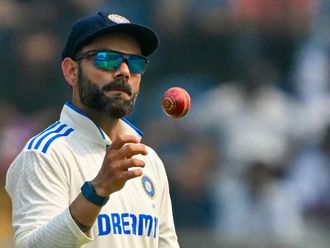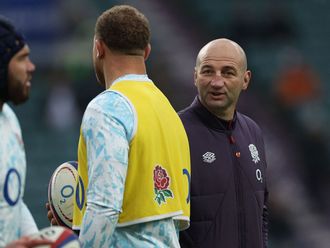When the day before the hastily assembled Great Britain (GB) team were due to play bruising Senegal at Old Trafford, a press conference there attracted no more than seven reporters. This in a huge room that is packed out when Sir Alex Ferguson appears before Manchester United games, yet when the match against Senegal was played, 72,000 fans all but filled the vast stadium. The moral seemingly is that the press aren’t always aware of what the public wants.
The idea, expressed by some dismissive English journalist, that the Olympics soccer tournament is mere marginalia, flying in the face of what really centrally matters, is hardly borne out by its history. True, it has gone through a plethora of identities, beginning before the Great War as a genuinely amateur affair, but invaded by concealed professionalism as soon as the Olympics restarted in the 1920s. The myth that it remained an amateur affair was surely shattered by the fact that Italy, Spain, and notably Uruguay fielded teams made up fully of players paid money by English Premier League clubs.
It was interesting indeed to see Uruguay engaged in the 2012 tournament, featuring such major stars as Luis Suarez, highly paid at Liverpool. In the 1924 and 1928 Olympics, in Paris and Amsterdam respectively, a brilliant Uruguay team twice won the title, then withdraw completely from Olympics competition, proceeding in 1930 with a largely unchanged side to win the first ever World Cup in their capital, Montevideo.
Britain, to their credit, soldiered on with an all amateur side, which competed in Berlin in 1936 and again in 1948 when the Games came to London. A resilient British side went all the way to the Wembley semi-finals before losing to powerful Yugoslavia. 1960 saw the last British team to contest the Olympics until this year and I’ll always remember their gallant performance in the Stadio Flaminio in Rome — all amateurs against an Italy team made up entirely of fully professional under-21 players. The devious Italian reasoning being that since no Italian player legally turns professional until he is over 21, any player under that age must be an amateur.
In goal for Britain that day was my friend Mike Pinner, five times a Cambridge Blue against Oxford, a First Division player for Aston Villa and Sheffield Wednesday and, on Sundays, outside left for my little Chelsea Casuals team because he enjoyed the company, however low the level of football.
But if the Italian team was blatantly professional, what of all the iron curtain countries where professionalism wasn’t officially recognised, so that full strength international sides could always be fielded? Not least the glorious Hungarians of the 1950s — Puskas, Kocsis, Hidegkuti etc — who comfortably won the 1952 Olympic tournament in Helsinki. A deluded English commentator asked what would an English club team striving for points in the depth of winter do against the Hungarians? His answer: “They would run through them.” In November 1953 at Wembley, it was the Hungarians who ‘ran through’ England, destroying them 6-3 to become the first foreign team to win on English soil.
The 2012 tournament has featured a Brazilian team brimming with young stars such as Ganso, Oscar, and above all the exciting Neymar, even if he does fall flat rather regularly.
— The writer is a football expert based in England.










